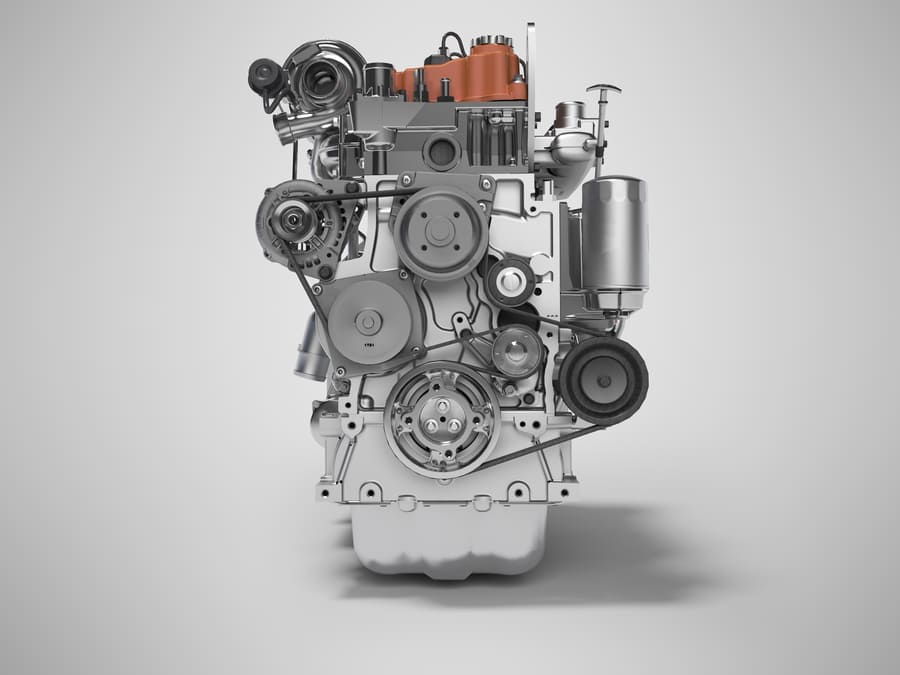
Over the last two decades, there have been more and more diesel cars on the market. This is due to both the robust construction and the low price of diesel. Why is diesel cheaper than petrol? Which fuel you use affects both the environment and your wallet. Read now to find out which one is best suited for your needs.
Diesel vs. petrol engines
Petrol and diesel engines differ, among other things, in the type of ignition. Petrol engines have spark plugs for external ignition, whereas diesel engines have self-ignition. The diesel engine is becoming increasingly popular due to the currently high prices for petrol and its low fuel consumption. Today, a diesel vehicle consumes about 20 percent less fuel than a petrol engine. This is due to the nature of diesel. It consists of long-chain carbon compounds that have a higher energy content than petrol. In recent years, the diesel engine has undergone continuous technical development. In the meantime, they have been so optimised by the constant changes that further development is only possible to a limited extent.
A modern diesel engine is twice as expensive to produce as the petrol variety. One reason for the higher costs is, among other things, the higher pressure in the cylinder typical of diesel engines, which is why many parts are significantly more stable. Another reason is the EU’s high exhaust emission standards and the introduction of low emission zones in cities. All diesel vehicles are now equipped with modern particle filters or other additional systems.
One argument in favour of a diesel engine is the high torque, especially in the most frequently used lower speed range. It is no longer necessary to downshift when the car is driven in the lower rev range. However, it is also harmful for a diesel engine to be driven at low revs too often.
Typical problems and solutions
The engine starts to jerk or it no longer accelerates as quickly as before. Maybe you have noticed that your car consumes more fuel than it did in the past and somehow also has become louder. The causes can actually be very diverse, so we will only go into the most common problems, or those that can be recognised even by hobby mechanics:
- Defective injectors or dirty injectors with uneven spray patterns.
- Dirty EGR valve with malfunction -> engine control lamp lights up, error message.
- Diesel particle filter cleaning is not carried out or DPF is full -> engine control lamp lights up, DPF warning.
- Consequential damage due to defective particle filter on turbocharger -> no power, engine control lamp lights up, vehicle is stationary.
These defects or problems are often due to extended maintenance intervals and prolonged oil changes. In addition, the combustion process is negatively affected by the high organic content in diesel fuel.
6 tips for diesel drivers
We will explain to you what you can do in particular to avoid getting stranded with one of the above-mentioned defects:
- If possible, avoid short journeys. If there is no other way, take precautions, for example by filling up with premium fuel.
- Pay attention to oil change intervals and use high-quality engine oils and filters.
- Even a diesel engine wants to rev from time to time, which means that you should also shift into higher gears. Such a “blast” sometimes works wonders.
- Use additives and cleaners. These can help to keep the engine clean. Car manufacturers have also begun to recommend additives which are readily available both in stores and online.
- With regular use of such system cleaners, you can save a lot of money on repairs and labour, as well as maintenance costs.
- Using additives is rather uncomplicated. Simply add the proper additive before refuelling, then fuel-up, and continue driving as usual.
If you take these simple basic rules to heart and pay a little attention to your car, you can easily save yourself a lot of time and trouble. You will ensure safe operation without possible breakdowns due to defects, and you will not have any unplanned “downtime”.
All in all, when you consider purchasing a diesel car, it’s helpful to remember that in comparison to petrol cars, it is more fuel efficient, has more torque, and the fuel prices are distinctly lower.
The average service life of a diesel engine
There is no general answer to how many miles a diesel engine will last. With careful handling and regular maintenance, a vehicle with a diesel engine can do well over 200,000 miles. However, if major damage occurs, it is often no longer financially worthwhile to repair the vehicle. It’s also good to keep in mind that if you often use your car for long journeys, this can actually ensure your vehicle’s lifespan.
Best in UK
We have looked around for you and have some suggestions as to which cars you might want to take a look at if you are in the market for a diesel. The Skoda Octavia and the Vauxhall Astra have received great reviews for being a practical vehicle – perfect for families on the go. If you are the sportier type, you might want to consider the Land Rover Discovery which is ideal for some off-road adventures. In case you are the “dress to impress” type, the Mercedes E-Class or the Alfa Romeo Guilia might be exactly what you are looking for.
- @user_103471601.08.2022 16:33Member
hi, i have a zafira 1.9 diesel it will start first time in morning but if i stop after a short journey it wont start again until serveral hours later ?
- @Vinny789209.12.2022 23:32Member
Try cleaning the MAF/air intake temperature sensor. I've known of issues where the MAF has become fouled which makes the ECU think that less air is entering the engine and so reduces the amount of fuel accordingly. This is fine when the engine is cold but when it starts to warm up the engine will start to suffer from fuel starvation.


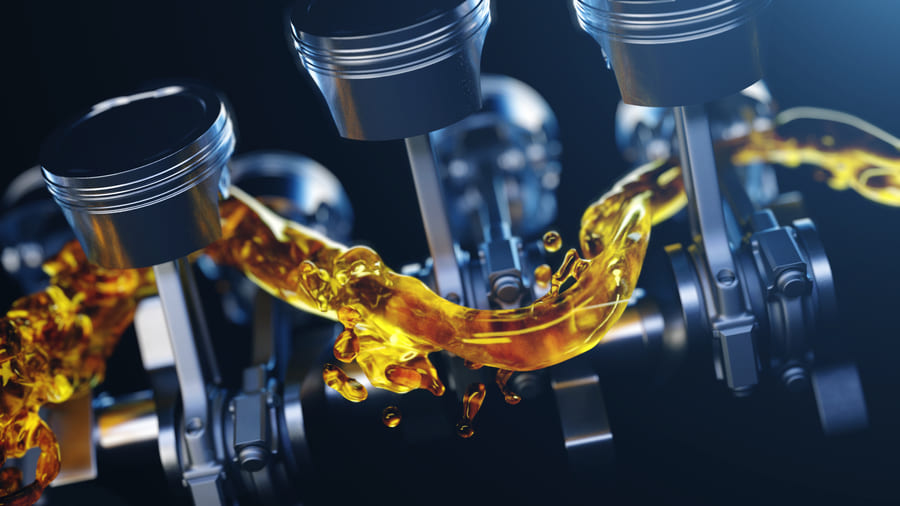
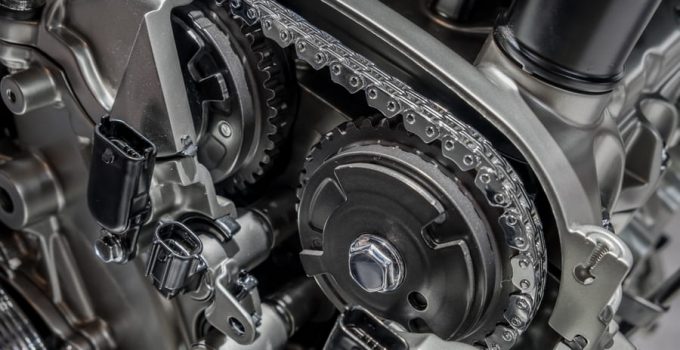
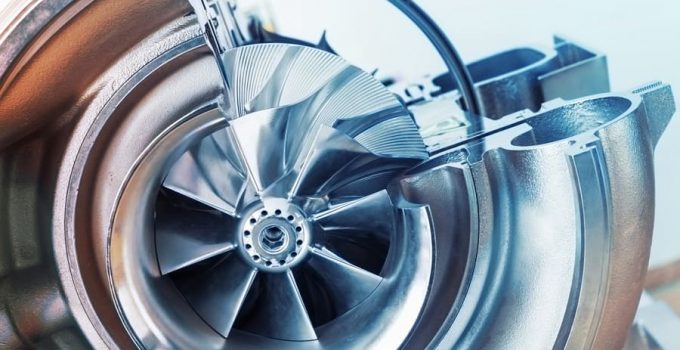
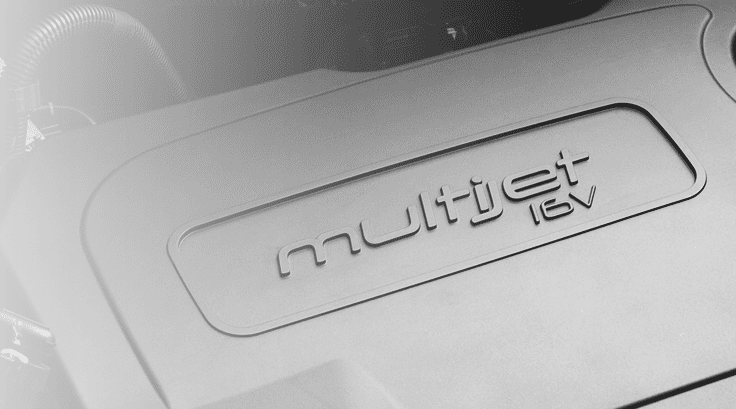
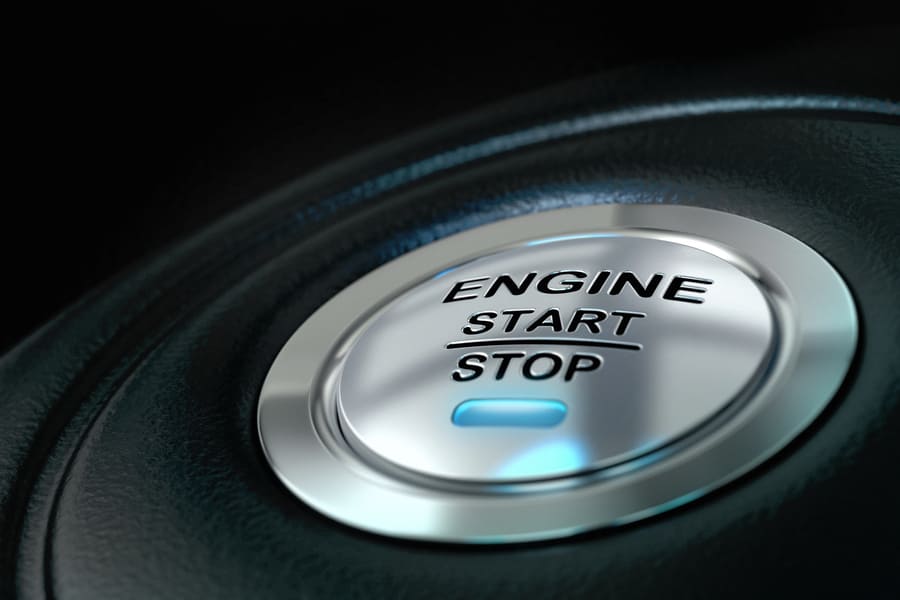
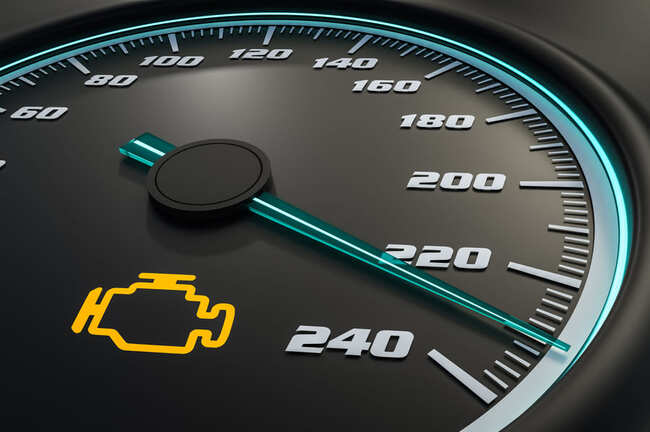
Comments – 2